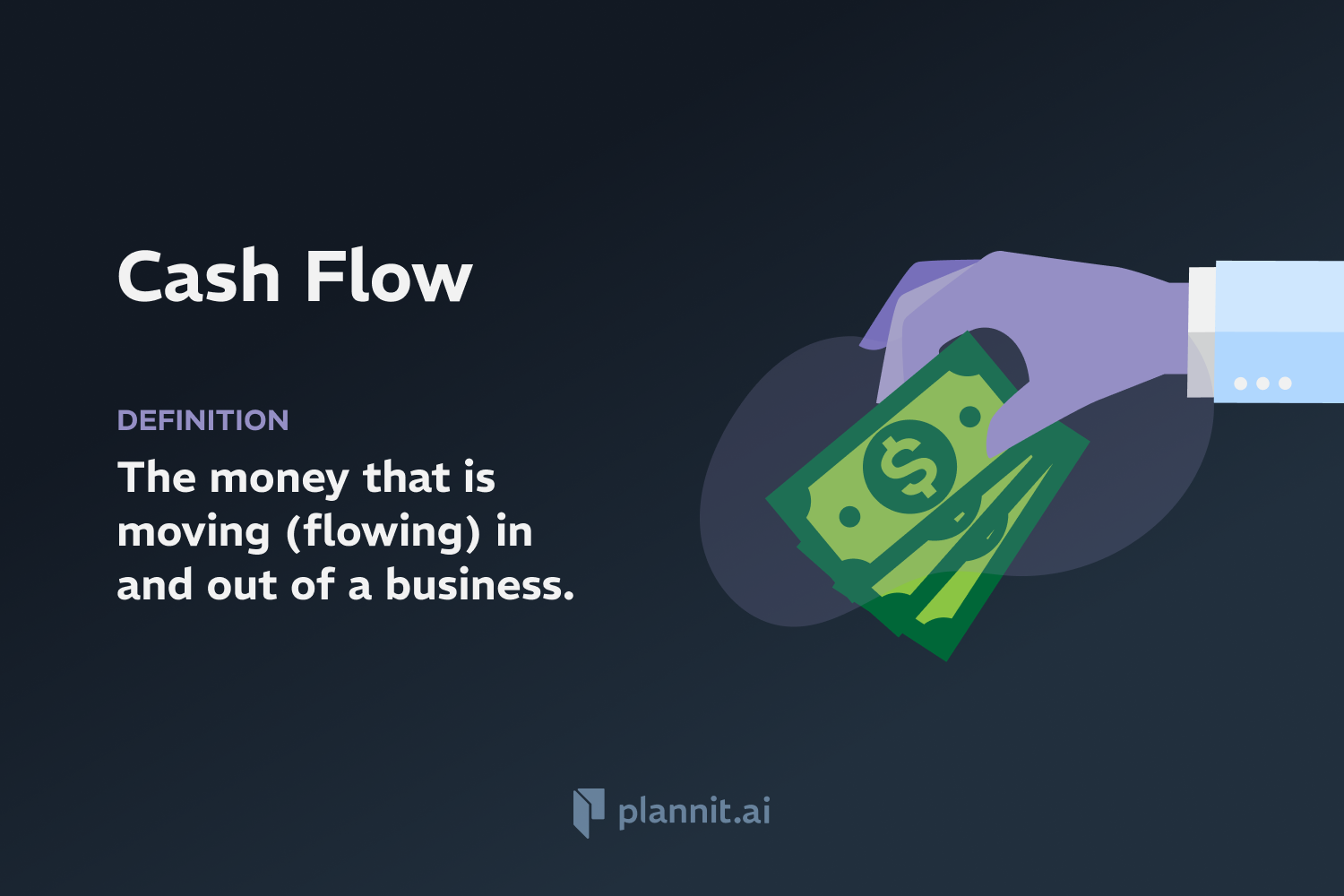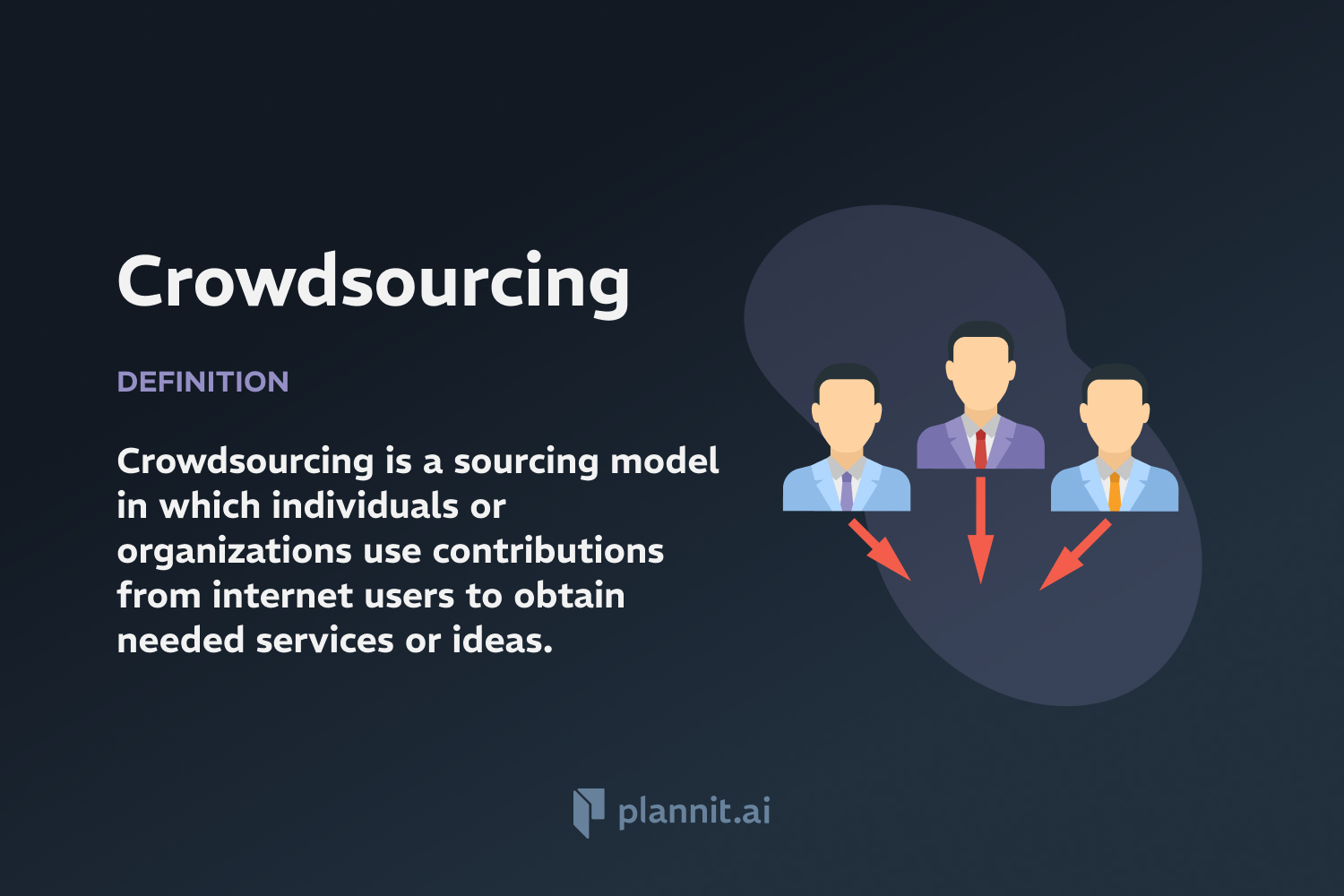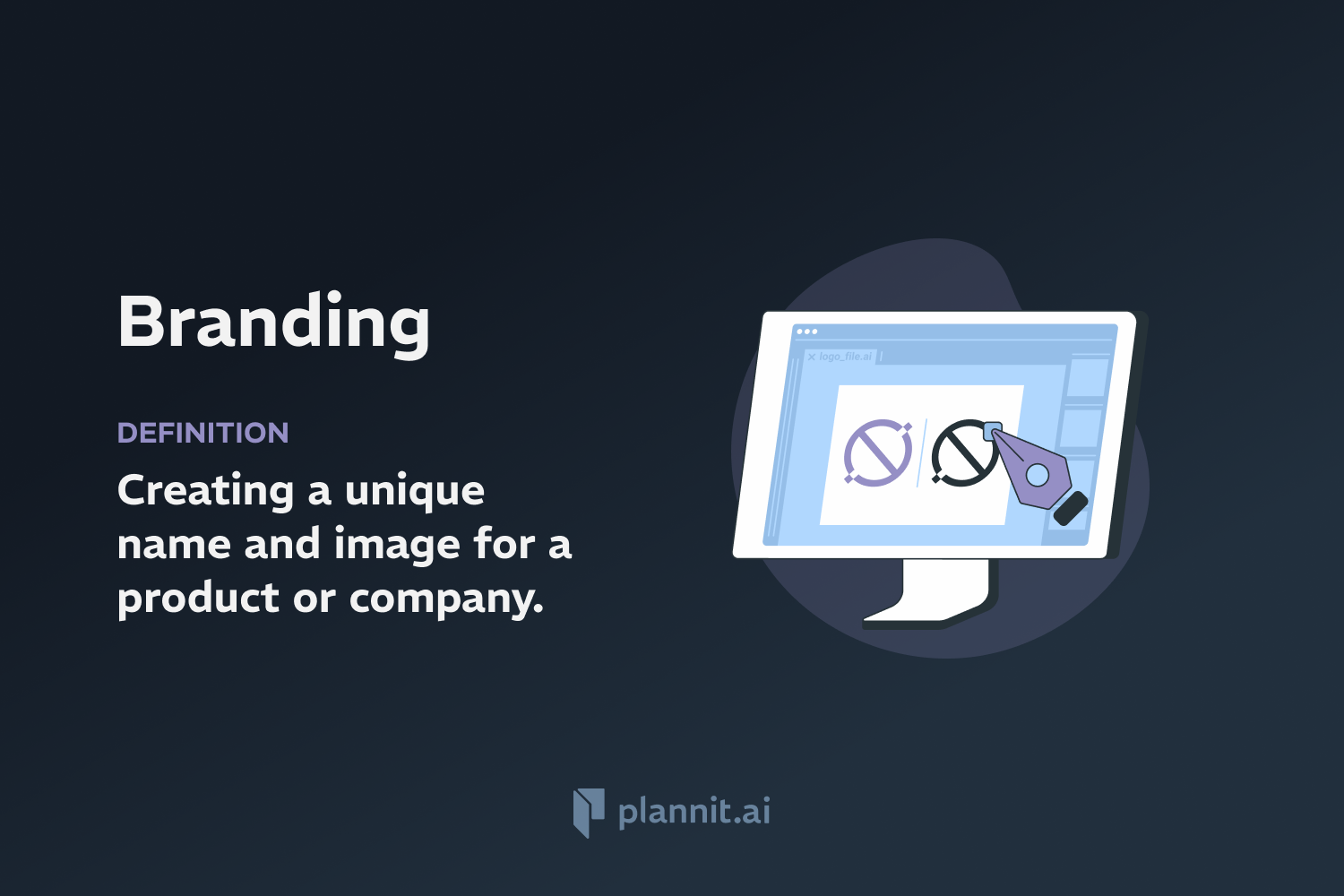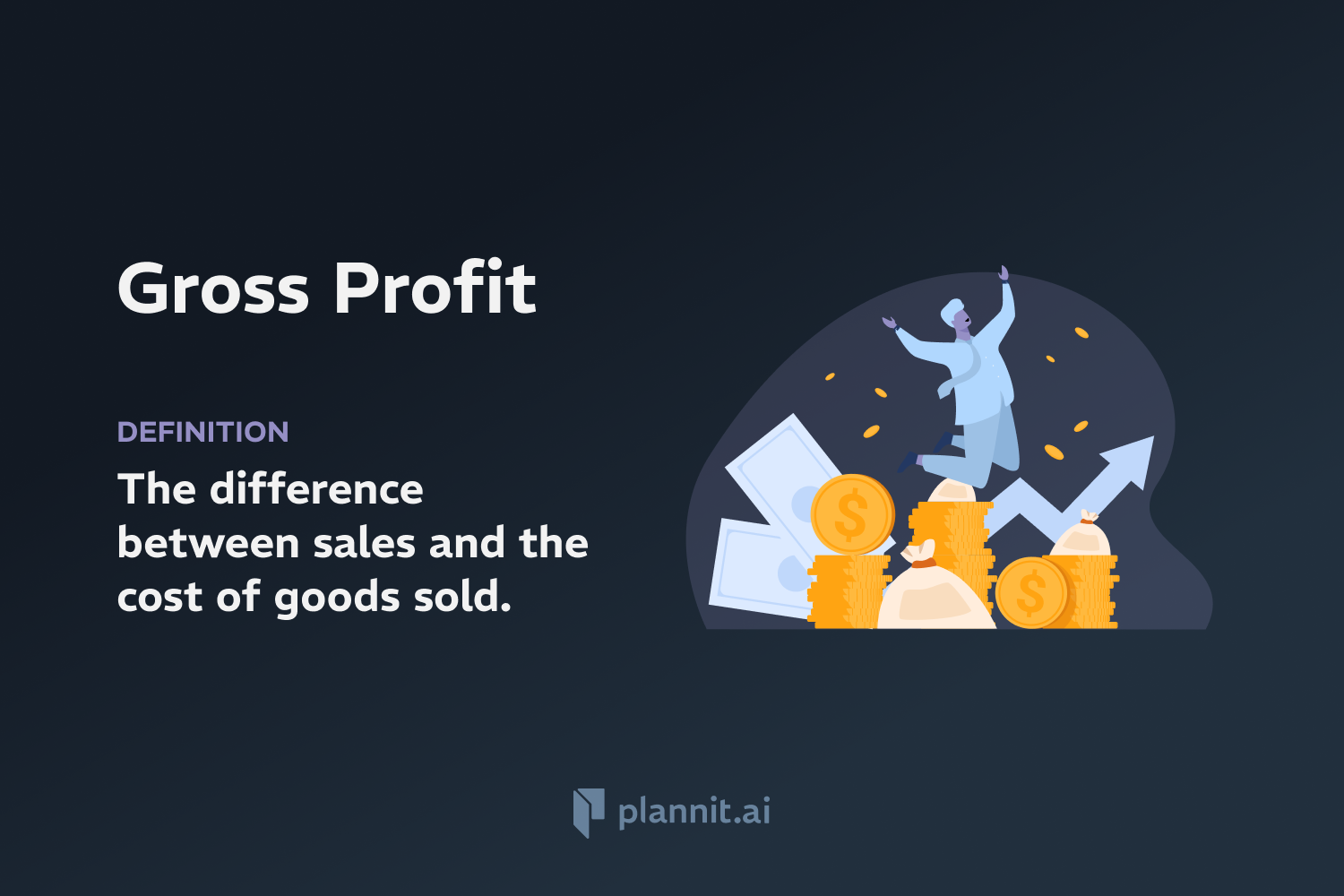Need Help With Your Business Plan?
Answer tailored questions and get a detailed business plan in minutes.
Cash Flow: Definition & In-Depth Explanation

Cash flow refers to the movement of money into and out of a business. It is a crucial financial metric used to assess a company's liquidity, financial health, and overall operational efficiency. Cash flow is tracked in a cash flow statement, one of the core financial statements used in both corporate finance and accounting. Understanding cash flow helps businesses manage their operations and investments effectively, ensuring they have enough cash to cover debts, expenses, and future projects.
Purpose:
The purpose of tracking cash flow is to evaluate the company's ability to generate cash to fund its operations, pay its debts, and invest in future growth. Positive cash flow indicates that a business's liquid assets are increasing, enabling it to settle debts, reinvest in the business, return money to shareholders, and withstand financial challenges. Negative cash flow, on the other hand, could signal potential financial troubles if it persists.
Example:
A company may generate cash primarily from three activities: operations, investing, and financing. Operational cash flow might include money received from selling products, while investing cash flow could involve cash used for purchasing new equipment. Financing cash flow might include cash received from issuing new stock. If total cash received exceeds the cash spent, the company has a positive cash flow for the period.
Related Terms:
Cash Flow Statement: A financial statement that summarizes the amount of cash and cash equivalents entering and leaving a company.
Operating Cash Flow (OCF): Cash generated from normal operations of a business, including revenues and expenses.
Free Cash Flow (FCF): The cash a company generates after accounting for cash outflows to support operations and maintain its capital assets.
Liquidity: The ability of a company to meet its short-term obligations using assets that can be quickly converted into cash.
FAQs:
How is cash flow different from profit?
Cash flow refers to the actual amount of money being transferred in and out of a business, whereas profit is an accounting concept that includes non-cash items such as depreciation. A company can be profitable but still have negative cash flow if its revenue is tied up in accounts receivable and not yet received in cash.
What causes negative cash flow?
Negative cash flow can result from spending more cash than is coming in during a given period. This could be due to high expenses, poor receivables management, large capital expenditures, or increased debt service requirements.
Can a business survive with negative cash flow?
A business can survive with negative cash flow in the short term if it has sufficient reserves or access to financing. However, prolonged negative cash flow is unsustainable and can lead to financial insolvency.
Why is cash flow forecasting important?
Forecasting cash flow is important because it helps businesses plan for future spending and investment needs, manage their financial resources efficiently, and ensure they have enough cash to cover upcoming obligations.
What can businesses do to improve cash flow?
Businesses can improve cash flow by speeding up receivables, managing inventory more effectively, extending payables without incurring late fees, and controlling overhead expenses.
Get funding with a business plan that will impress investors.
Starting a New Business?



